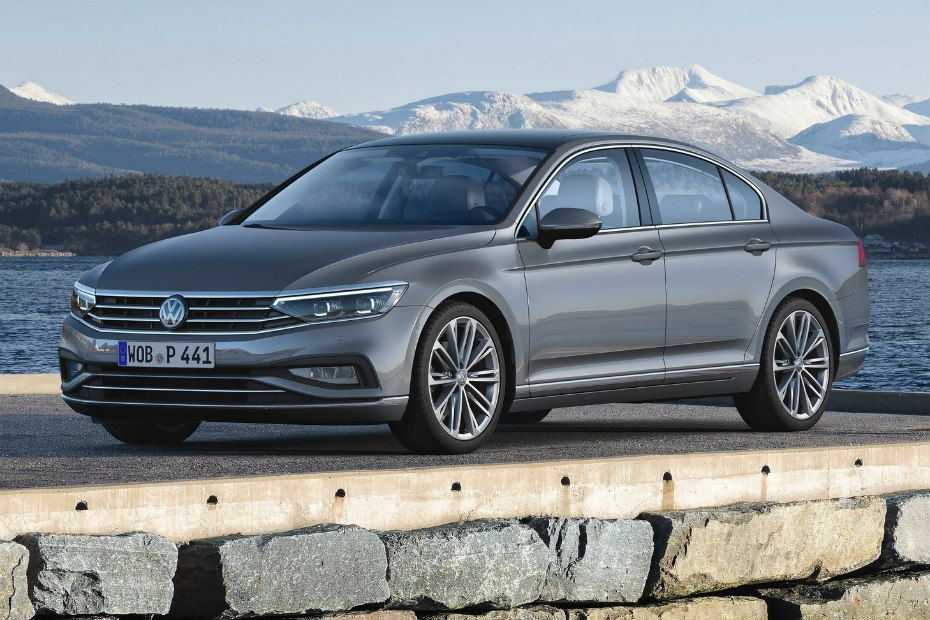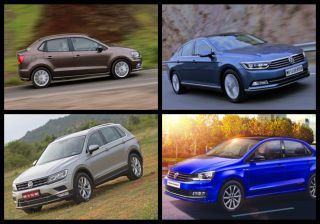Union Budget 2011-12: Maths does not add up-Automobile Sector
Published On Mar 01, 2011 07:06 PM By Vikas
- Write a comment
Given the tough macro environment and political compulsions, the finance minister has avoided proposing any significant reformist policy decisions while announcing the Union Budget for FY2011-12. At the same time, contrary to expectations the finance minister has not resorted to the unwinding of the fiscal stimulus announced earlier and/or a hike in the indirect taxes to boost revenues and the budget is growth oriented in that sense. The strong emphasis on agriculture and infrastructure sectors is in line with expectations and the finance minister has touched upon some key issues without proposing any concrete steps to tackle the same.
The equities market was pleased with the lower than expected government borrowing figure of Rs3.4 trillion (against an expectation of Rs3.8-4 trillion) and the aggressive fiscal deficit target of 4.6% as against a target of 4.8% under the revised Fiscal Responsibility and Budget Management (FRBM) Act. However, the achievement of the stiff fiscal deficit target is based on a fairly healthy assumption of a 17.9% growth in the net tax revenues but a muted increase of just 3.4% in the total expenditure. The growth in the total expenditure has been managed through depressed provisions for subsidy expenditure (lower by Rs20,000 crore in the FY2011-12 budgeted figures despite the spiraling crude oil prices) and lower allocation for social services (lower by Rs31,000 crore in the FY2011-12 budgeted figures). Consequently, the Street would take the fiscal deficit target set in the budget with a pinch of salt and the market’s focus would shift back to corporate earnings, domestic macro issues and global cues.
Taking about the automobile industry, the auto biggies are quite happy with the way the budget 2011-12 has been shaped. The Finance Minister stressed on sustaining profitability for the sector which is experiencing macro headwinds. The new budget gives a push to the eco friendly cars, the excise duty levied on the hybrid kits and hybrid battery packs has been reduced to 5 per cent from 10 percent. This step has been taken in order to promote the eco friendly cars. The customer duty levied on the hybrid vehicle parts imports has been completely exempted.
Read More on : Volkswagen Passat detailed review















